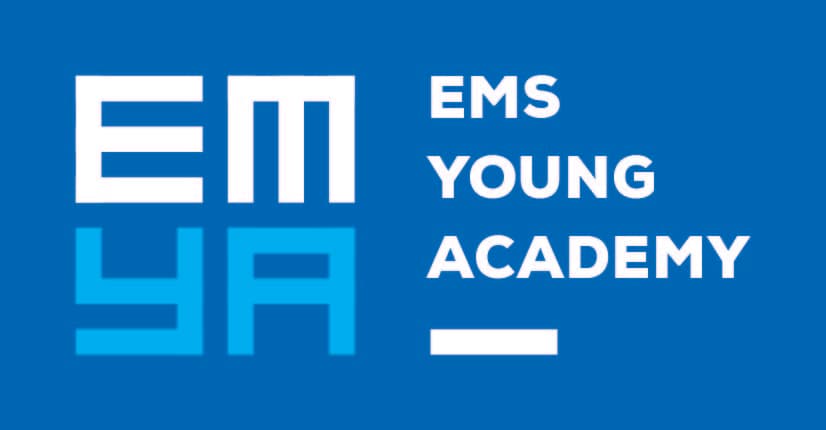EMS Young Academy welcomes 3rd cohort, reaching 80 members
The EMS Young Academy (EMYA) is delighted to announce the selection of 20 new members who will serve as the third cohort from 2025 to 2028, bringing the total membership to 80 young mathematicians from across Europe.

EMYA was established following approval by the EMS Council in Bled in 2022, with a distinct vision. Its members are selected not primarily for their mathematical contributions, but rather for their commitment to addressing the needs of early-career researchers in the contemporary academic landscape. EMYA also actively works to maintain balanced representation in terms of gender, geographical distribution, and mathematical expertise. Members come from numerous countries across Europe, representing a wide range of mathematical communities.
EMYA is focused on supporting young mathematicians through scientific and non-scientific activities centered on outreach, networking, and dissemination. As an integral part of the EMS structure, EMYA members provide valuable insights to help shape the society's efforts to better serve young researchers' needs.
This mission has been evident in EMYA's recent activities, particularly at the 9th European Congress of Mathematics in July 2024, where members organized several successful initiatives. This included a session of lightning talks where 24 young mathematicians presented their research in a dynamic and concise manner. There was also an ice-breaker social event to foster connections among young mathematicians, and a sustainability discussion panel which will be reported on in the EMYA column of the EMS Magazine.
Looking ahead to 2025, EMYA is launching several new initiatives, including MOSS, the Mathematics Online Seminar Series, from February 2025 onwards. This series includes presentations from leading young academics in the field of Mathematics from around the globe, to inspire the upcoming generation of young mathematicians. EMYA members are also preparing to distribute a survey to better understand the needs and challenges faced by young mathematicians across Europe.
Tweet Share